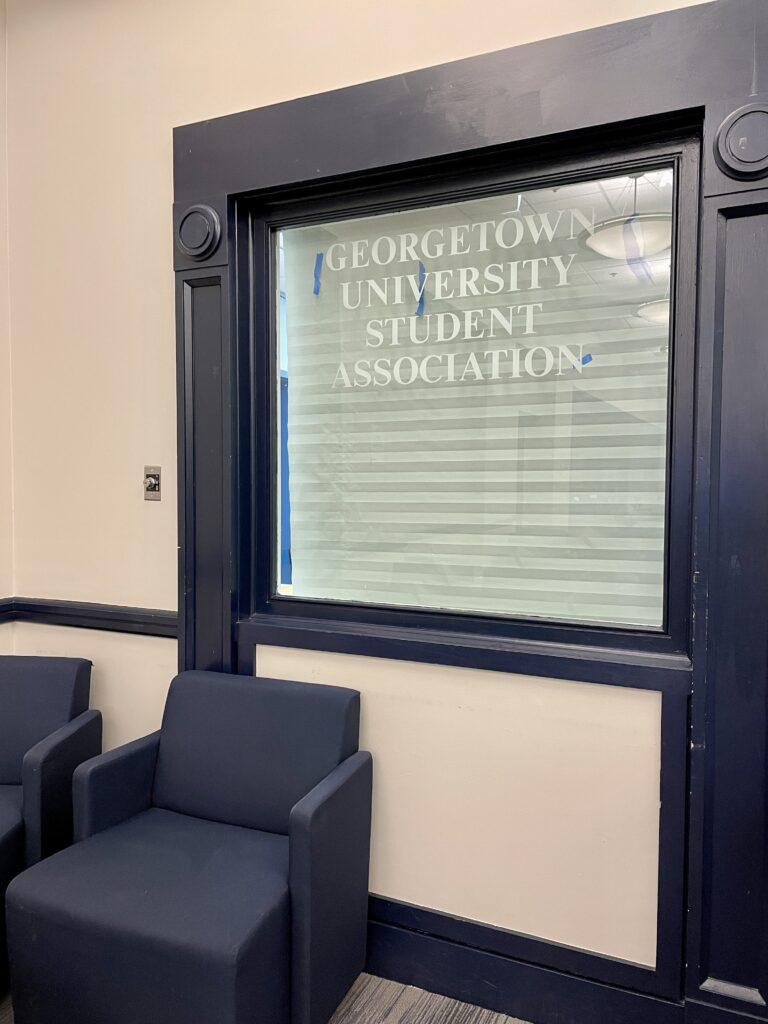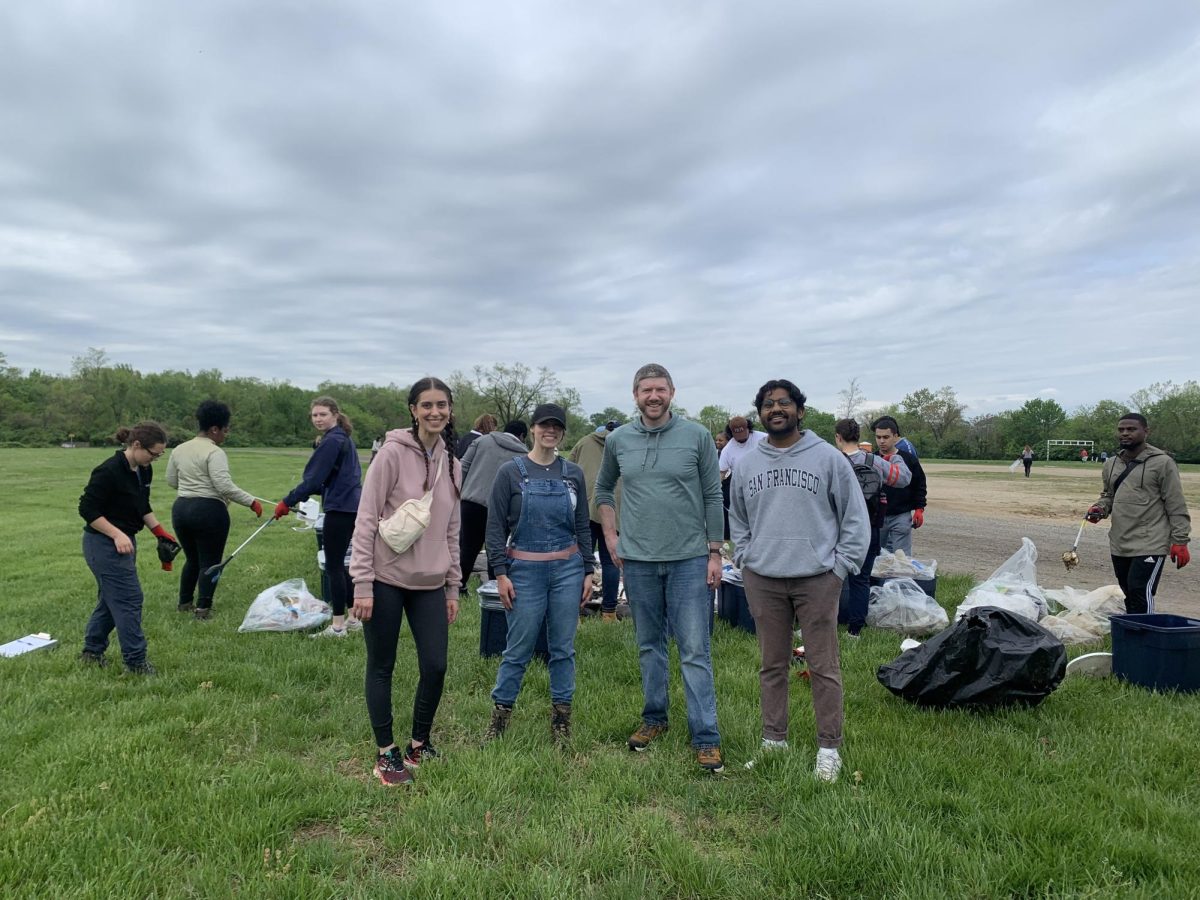The Georgetown University Student Association (GUSA) opened applications for its Direct Impact Initiatives (DII), which aims to provide electronic and physical aid resources to the undergraduate population.
This year’s resources include 15 Chromebooks, five steerable knee-walkers and five manual wheelchairs, which will be distributed to students on a first-come, first-served basis for either a one or two-week period. Students can also sign up to be put on waitlists if items are completely checked out. The program is still in its pilot stage, and more resources will be made available as the DII expands, according to a post on GUSA’s Instagram.
GUSA chose to implement the application-based format of the program because of university limitations on aid and logistical concerns, according to GUSA President Nile Blass (COL ’22).
“The application format allows us to monitor who is using the resources and to keep track of inventory,” Blass told The Hoya. “We also cannot give money to individual students or groups. The finance office makes the argument that you can’t actually, as an organization, put money into something that multiple students can’t benefit from all at once.”

GUSA hoped that these resources will serve students for years to come, according to GUSA Senate Vice Speaker Rowlie Flores (COL ’22).
“We already have purchased loaner chromebooks and wheelchairs that GUSA can administer to the greater student body. It’s hard to picture how long DII will last, but we hope that this is something that the executive can push for years to come,” Flores wrote to The Hoya.
The DII are important for student advocacy as they have the best practical and direct impact on the student body, according to Blass.
“We talk a lot about representations and symbolic gestures for the benefit of the student body, but I think a lot of the work that GUSA has done that is most impactful and most transformative is direct impact,” Blass said. “Supporting students with practical means, especially marginalized and low-income students is important.”
The GUSA transition committee plans to work with the newly elected Kole Wolfe (SFS ’24) and Zeke Ume-Ukeje (COL ’24) administration, who will assume office in mid-March, to ensure that current GUSA advocacy efforts, including the DII, continue, according to Flores.
“It’s important to us that we make sure that the Wolfe/Ume-Ukeje administration have all the information they need to be an efficient and effective administration, while respecting the fact that they are the new executives and need to make these decisions themselves,” Flores said.
The new GUSA executive administration will continue certain projects started by the previous administration, according to President-elect Kole Wolfe (SFS ’24).
“We are currently working on our budget in preparation for the summit on Saturday. We aim to make Nile’s Farmer’s Market and Minority Business Initiative, which is scheduled to occur this April, a recurring event and hold a similar event in the Fall,” Wolfe wrote to The Hoya. “We have been in contact with her regarding this initiative. We also are in talks with the Corp to establish a joint book affordability scholarship program.”
Saturday GUSA Fin App summit is where student clubs, including GUSA and campus publications, apply for their annual budgets.
The Farmer’s Market and Minority Business Initiative was started in collaboration with the GUSA Senate, the Black Student Alliance, the BLF, and the Georgetown Farmers Market, to support more BIPOC businesses at the market, according to Blass. Later this spring the Blass-Sanchez administration is looking to host a block party highlighting local Black culture and vendors, according to Blass.
The Wolfe-Ume-Ukeje ticket campaigned on creating direct impact initiatives, including allocating money from SNAPS, a student neighborhood patrol organization, towards grants for low-income students.
Despite differences in policy positions between the outgoing and incoming administration, projects dedicated to improving student well-being will not immediately disappear because of differences in policy positions, Blass said.
“There’s also the Senate, there’s also the SAO, there are a lot of avenues and organizations under GUSA that are dedicated to supporting the student body. So even in the worst case scenario, I think it’ll be fine because it’s not just in their hands,” Blass said.




















